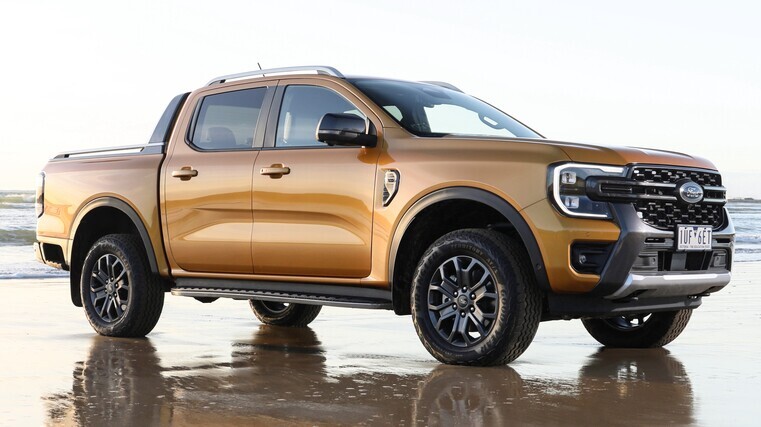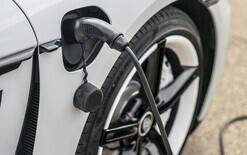Ford ute tops Aussie charts

The Australian new-vehicle market sold a record 1,216,780 vehicles in 2023, climbing 2.3 per cent from the industry’s previous best of 1,189,116 in 2017.
The latest annual total was also 12.5 per cent higher than the 1,081,429 registrations achieved in 2022.
Ford’s Ranger was the best-selling new vehicle across the ditch last year on 63,356 units, according to figures from the Federal Chamber of Automotive Industries (FCAI).
It is the first time since 1995 that a Ford vehicle has topped the annual Australian sales charts.
The Ranger, pictured, was followed by the Toyota Hilux on 61,111 registrations, Isuzu’s D-Max with 31,202, Toyota’s RAV4 on 29,627 and the MG ZS with 29,258.
Toyota was number-one on the marques’ ladder after completing 215,240 sales to secure 17.7 per cent of the market.
Mazda was second with 100,008 and 8.2 per cent, while Ford took third spot on 87,800 units and 7.2 per cent. Kia and Hyundai completed the top five with 76,120 and 75,183 registrations respectively.
The FCAI notes SUVs and light commercials accounted for 78.4 per cent of sales and comprised all the top 10 vehicles sold in 2023.
Battery electric vehicles (BEVs), plug-in hybrids and hybrid vehicles had a combined 196,868 sales last year to give them 16.2 per cent of the market. BEVs alone had a 7.2 per cent market share.
The numbers for 2023 were bolstered by 98,544 new-vehicle sales in December, up by 12.1 per cent when compared with the 87.920 units in the same month of 2022.
Tony Weber, FCAI’s chief executive, says last year’s record-breaking performance underscores the dynamic and competitive nature of Australia's automotive landscape, providing consumers with an extensive array of choices across various price brackets.
"This extraordinary result is a testament to the adaptability and resilience of both industry players and consumers alike,” he explains.
“Despite the supply chain disruptions faced in recent times, consumers now have greater access to a broad range of choices, fostering increased accessibility in the market.”
Looking ahead, the FCAI says it is optimistic the federal government will introduce a fuel efficiency standard that achieves policy outcomes that lead to emission reductions while enabling Australians to drive the vehicles they need and want.
“For more than a decade, the FCAI has been encouraging governments to introduce a fuel efficiency standard,” adds Weber.
“Now we have the process under way it’s critical that the federal government takes the time to get it right. That is essential for environmental outcomes and for consumers.”





